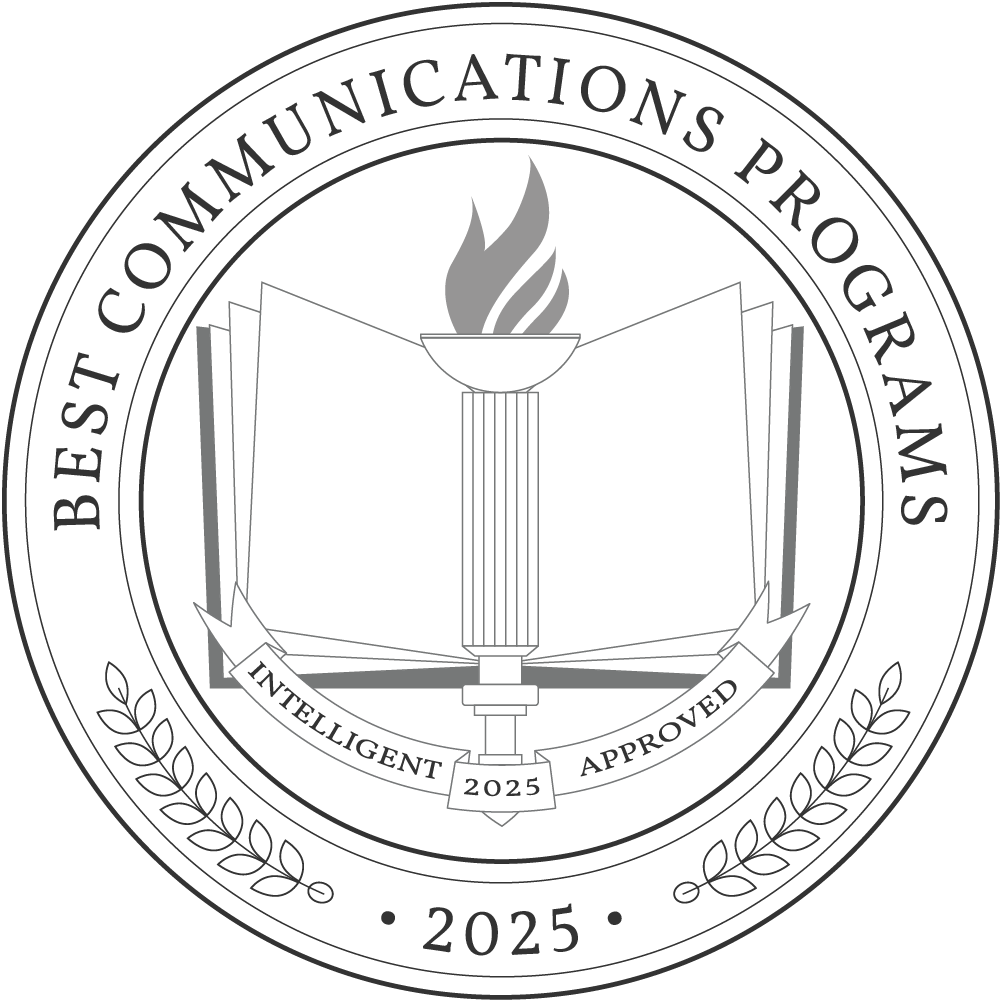The ability to effectively communicate is critical in nearly every industry, making a bachelor’s in communications a particularly versatile degree that can open doors to a variety of career opportunities.
According to the Bureau of Labor Statistics (BLS), there will be an average of 114,300 new job openings in media and communications annually through 2032. Fast-growing roles for individuals with a communications degree include marketing managers, who earn a median annual salary of $138,730, and public relations specialists, who earn a median salary of $67,440 annually.
A bachelor’s degree in communications requires a minimum of 120 credits and can typically be completed in four years of full-time study. For undergraduate degrees, the average cost of tuition and fees during the 2022-23 academic year was $9,750 at public universities and $38,421 at private institutions.
Why Trust Us
The Intelligent.com Higher Education Team is dedicated to providing students with independent, equitable school and program rankings and well-researched resources. Our expert-driven articles cover topics related to online colleges and programs, paying for school, and career outlooks. We use data from the U.S. Department of Education’s College Scorecard, the National Center for Education Statistics, and other reputable educational and professional organizations. Our academic advisory team reviews content and verifies accuracy throughout the year for the most current information. Partnerships do not influence rankings or editorial decisions.
- Analyzed over 2,000 national, accredited, and nonprofit colleges and universities
- 800+ rankings pages are reviewed and updated yearly
- Content is informed by reputable sources, surveys, and interviews with academic advisors and other experts
- Over 100 data points are reviewed for accuracy and quality throughout the year, including sources
How we rank schools
Our list features the best Communications degree programs at top colleges nationwide. Each school featured is a nonprofit, accredited institution — either public or private — with a high standard of academic quality for post-secondary institutions.
We evaluated each school’s program on tuition costs, admission, retention and graduation rates, faculty, reputation, and the student resources provided for online students. We collected data from trusted sources like the National Center for Education Statistics, individual school and program websites, school admissions counselors, and other data sources. Then, we calculated the Intelligent Score on a scale of 0 to 100 based on the following criterion:
Academic Quality:
- Admission rate versus enrollment rate
- Retention rate of students who return after year one
- Accreditation status (regional and programmatic)
- Nonprofit status, both private and public institutions
Graduation Rate
- Overall graduation rate
- Total number of currently enrolled students, including diversity metrics
- Student-to-faculty ratio
Cost and ROI
- In-state and out-of-state per-credit tuition rates and fees
- Required credits to graduate
- Earning potential after graduation
- Availability of federal student loans, scholarships, and other financial aid options
Student Resources
- Available student services for online-only and hybrid programs
- On-campus amenities like tutoring centers and the number of libraries
Read more about our ranking methodology.
Best 49 Accredited Communications Degree Programs
FiltersInstitution Type
Status
- Intelligent Score
- Alphabetically By University Name
- Acceptance Rate
- Enrollment
- In-state Graduate Tuition
- Out-of-state Graduate Tuition
- In-state Undergraduate Tuition
- Out-of-state Undergraduate Tuition

The University of Texas at Austin
Intelligent Score: 99.62In-state: $11,448
Out-of-state: $40,032
In-state: $12,028
Out-of-state: $12,028
SAT: 1210-1470
ACT: 26-33
Resident: $467
Non-Resident: $1,739
On-Campus
Southern Association of Colleges and Schools Commission on Colleges
120

University of North Carolina at Chapel Hill
Intelligent Score: 99.54In-state: $7,019
Out-of-state: $34,198
In-state: $10,552
Out-of-state: $10,552
SAT: 1280-1490
ACT: 28-33
Resident: $292
Non-Resident: $1,556
On-Campus
Southern Association of Colleges and Schools Commission on Colleges
120

University of Utah
Intelligent Score: 99.07In-state: $7,412
Out-of-state: $26,017
In-state: $6,666
Out-of-state: $6,666
SAT: 1130-1350
ACT: 22-29
Resident: $258
Non-Resident: $890
On-Campus
Northwest Commission on Colleges and Universities
122
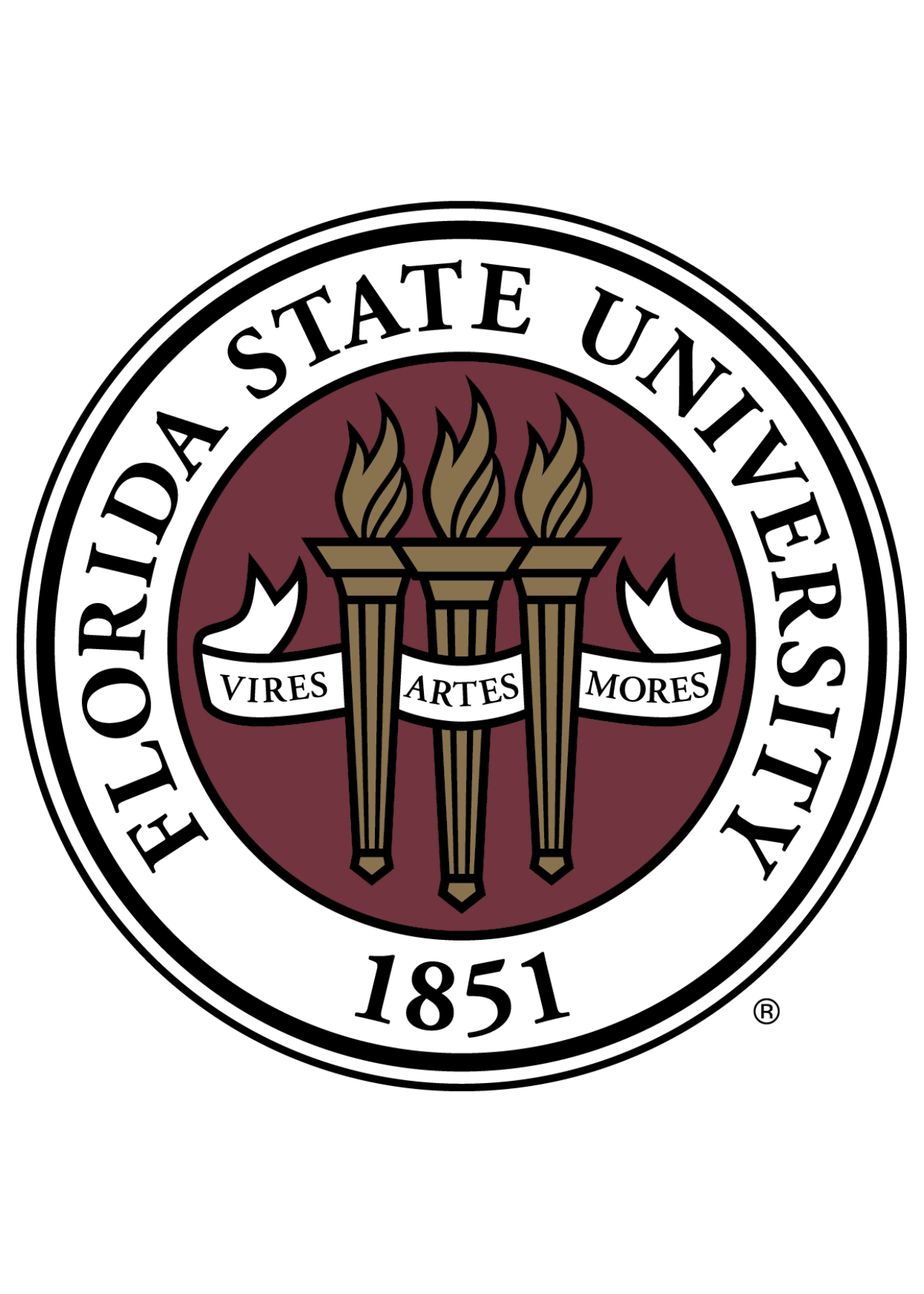
Florida State University
Intelligent Score: 98.74In-state: $4,640
Out-of-state: $19,084
In-state: $9,684
Out-of-state: $9,684
SAT: 1220-1350
ACT: 27-31
In-State: $215
Out-of-State: $721
On-Campus
Southern Association of Colleges and Schools Commission on Colleges
120

University of Pennsylvania Annenberg School for Communication
Intelligent Score: 98.27In-state: $53,166
Out-of-state: $53,166
In-state: $37,678
Out-of-state: $37,678
SAT: 1460-1570
ACT: 33-35
$1,954
On-Campus, Online
Middle States Commission on Higher Education
120
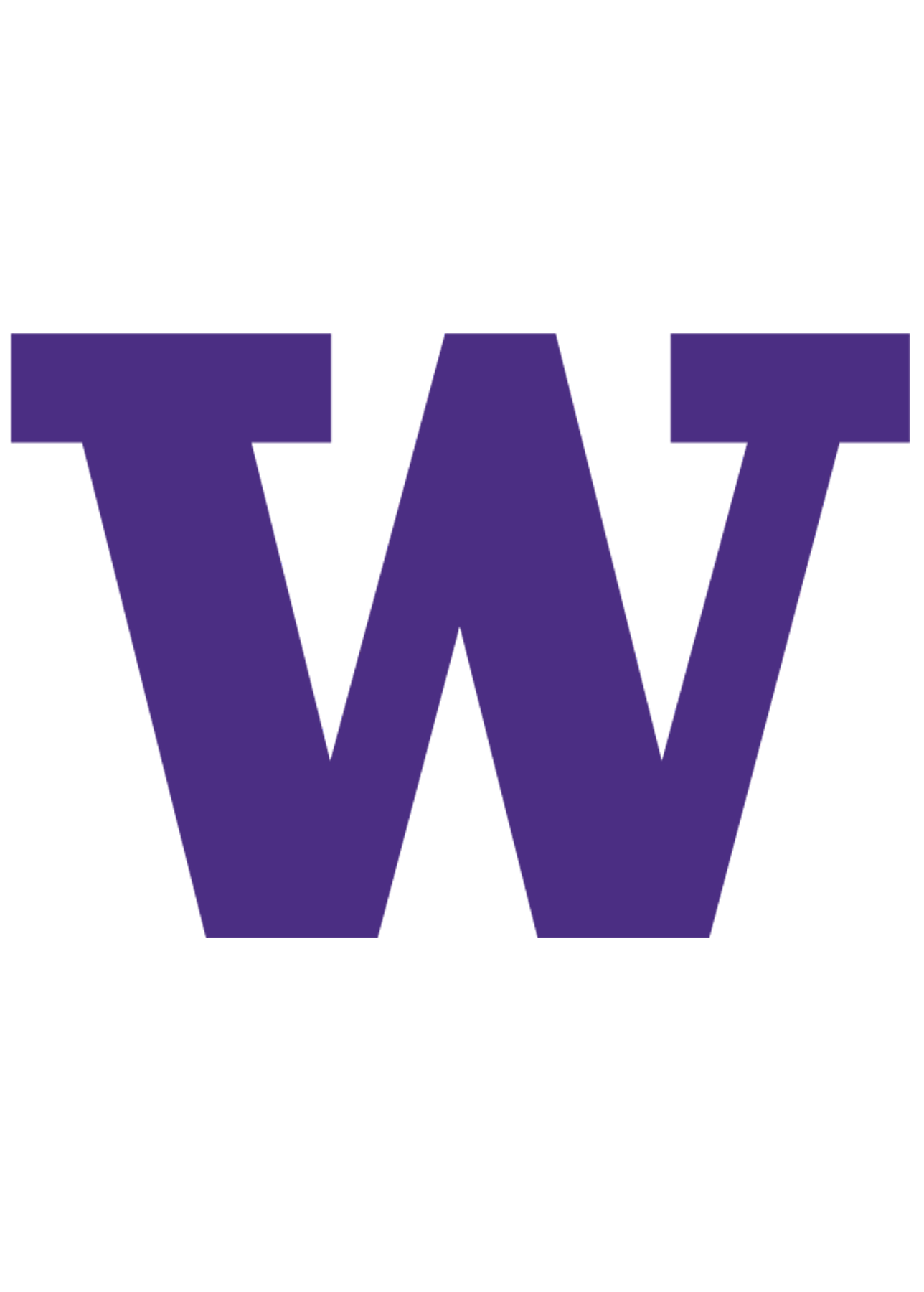
University of Washington Tacoma
Intelligent Score: 97.55In-state: $10,629
Out-of-state: $37,998
In-state: $16,278
Out-of-state: $16,278
SAT: 1200-1453
ACT: 27-33
Resident: $384
Non-Resident: $1,363
On-Campus
Northwest Commission on Colleges and Universities
120
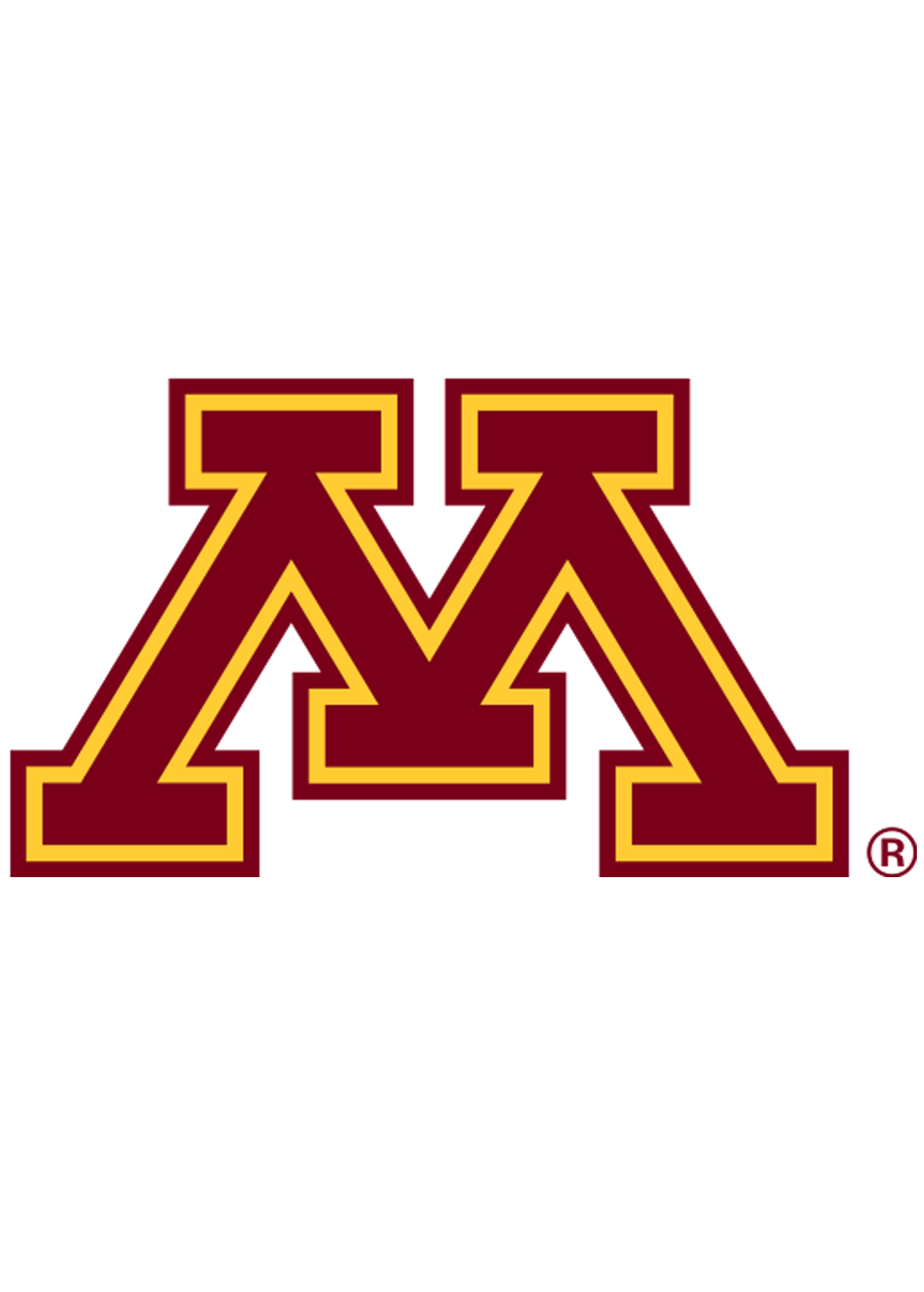
University of Minnesota Crookston
Intelligent Score: 96.42In-state: $13,318
Out-of-state: $31,616
In-state: $17,580
Out-of-state: $17,580
SAT: 1240-1460
ACT: 25-31
$441
On-Campus, Online
Higher Learning Commission
120
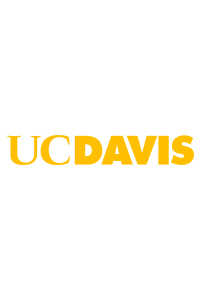
University of California, Davis
Intelligent Score: 95.54In-state: $38,556
Out-of-state: $68,628
In-state: $45,544
Out-of-state: $45,544
SAT: 1150-1410
ACT: 24 - 31
$417
On-Campus
Western Association of Schools & Colleges Senior College and University Commission
120
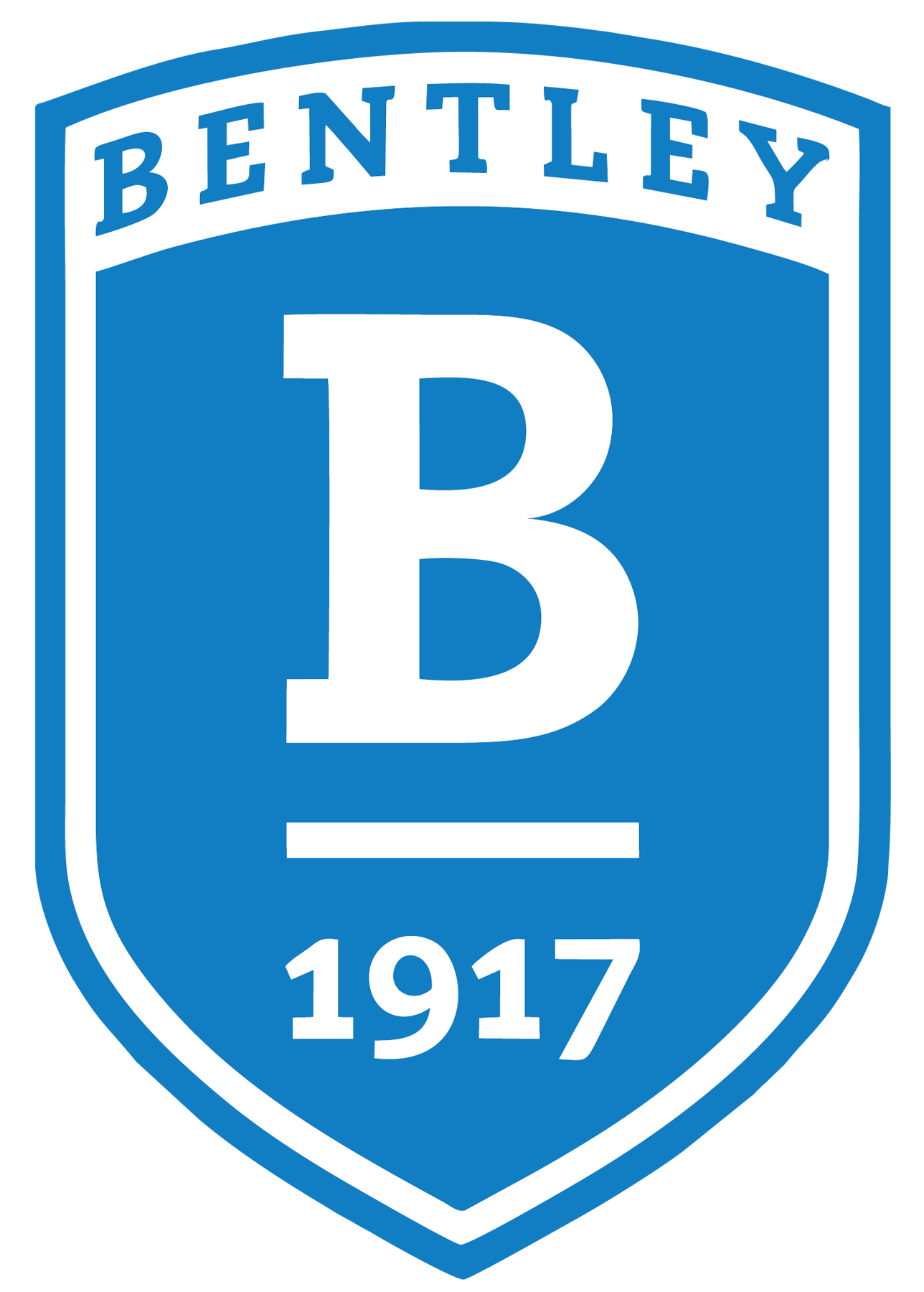
Bentley University
Intelligent Score: 95.35In-state: $53,790
Out-of-state: $53,790
In-state: $40,992
Out-of-state: $40,992
SAT: 1180-1360
ACT: 26-31
$1,891
On-Campus
New England Commission of Higher Education
121-123
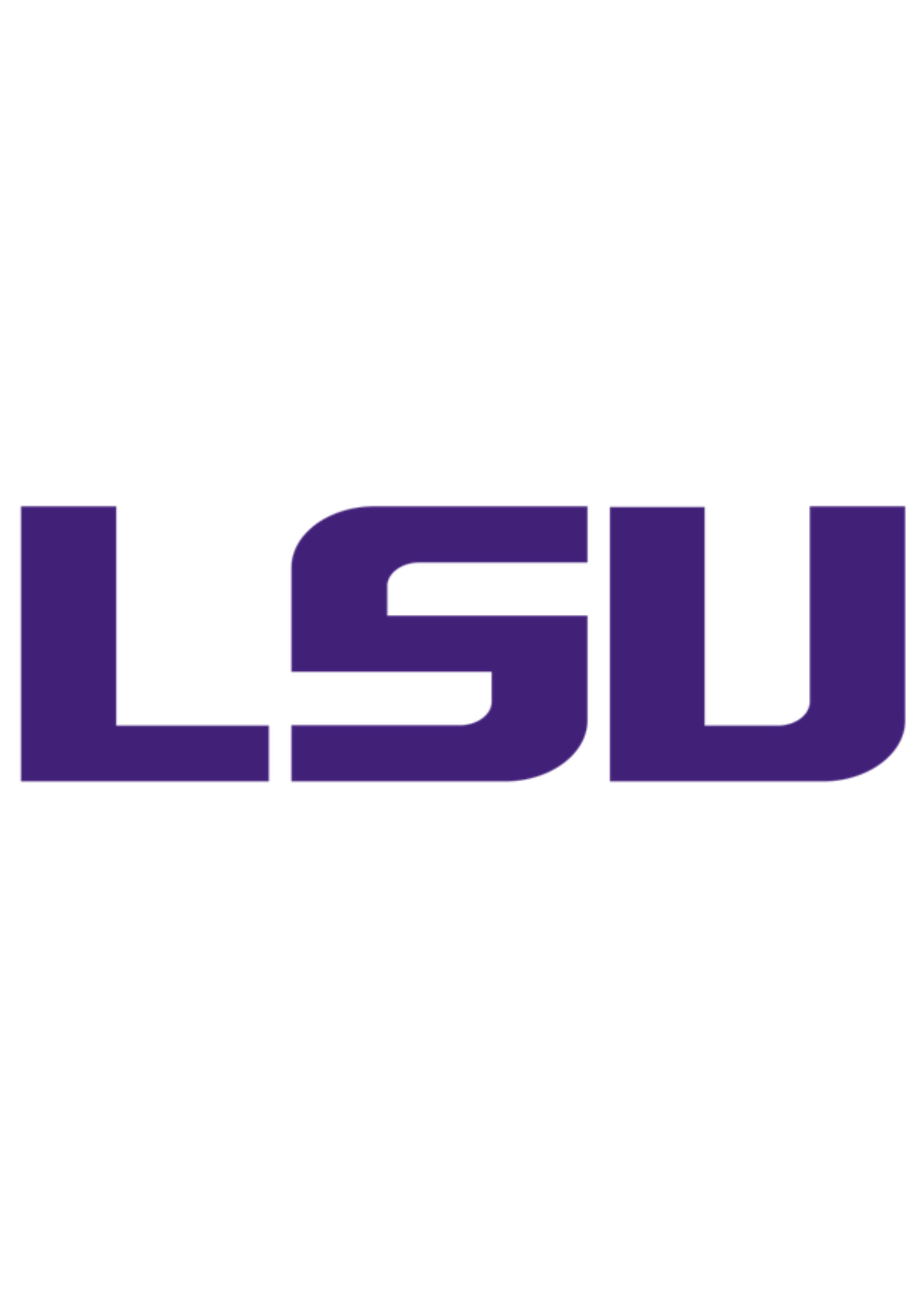
Louisiana State University
Intelligent Score: 94.98In-state: $8,038
Out-of-state: $8,038
In-state: $9,132
Out-of-state: $9,132
SAT: 1090-1300
ACT: 23-28
Resident: $873
Non-Resident: $1,655
On-Campus
Southern Association of Colleges and Schools Commission on Colleges
120

Texas A&M University
Intelligent Score: 94.91In-state: $8,395
Out-of-state: $36,849
In-state: $6,775
Out-of-state: $6,775
SAT: 1160-1380
ACT: 26-32
Resident: $687
Non-Resident: $1,629
On-Campus
Southern Association of Colleges and Schools Commission on Colleges
120
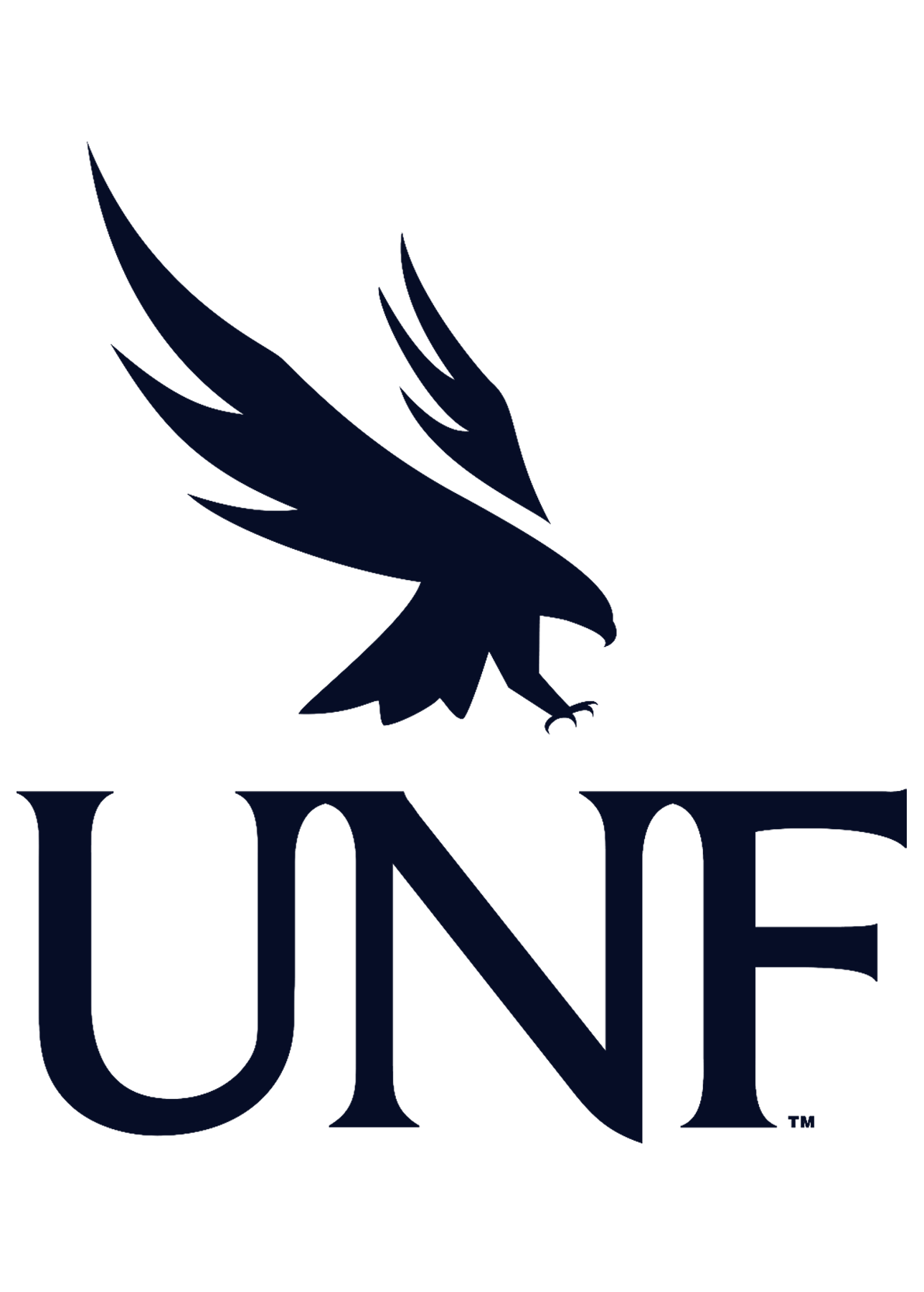
University of North Florida
Intelligent Score: 94.67In-state: $3,996
Out-of-state: $16,799
In-state: $8,570
Out-of-state: $8,570
SAT: 1040-1230
ACT: 20-27
Resident: $212
Non-Resident: $693
On-Campus
Southern Association of Colleges and Schools Commission on Colleges
120
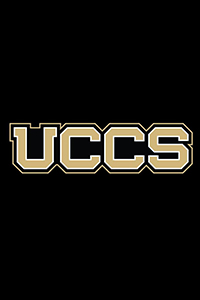
University of Colorado Colorado Springs
Intelligent Score: 94.54In-state: $38,878
Out-of-state: $66,516
In-state: $46,012
Out-of-state: $46,012
SAT: 1000-1270
ACT: 21-28
Resident: $478
Non-Resident: $937
On-Campus, Online, Hybrid
Higher Learning Commission
120

San Jose State University
Intelligent Score: 94.11In-state: $5,742
Out-of-state: $17,622
In-state: $7,176
Out-of-state: $7,176
SAT: 1010-1240
ACT: 19-26
Resident: $266
Non-Resident: $662
On-Campus
Western Association of Schools & Colleges Senior College and University Commission
120

North Dakota State University
Intelligent Score: 93.23In-state: $8,606
Out-of-state: $12,909
In-state: $7,013
Out-of-state: $7,013
SAT: 1028-1243
ACT: 20-26
Resident: $383 - $429
Non-Resident: $574 - $670
On-Campus
Higher Learning Commission
120
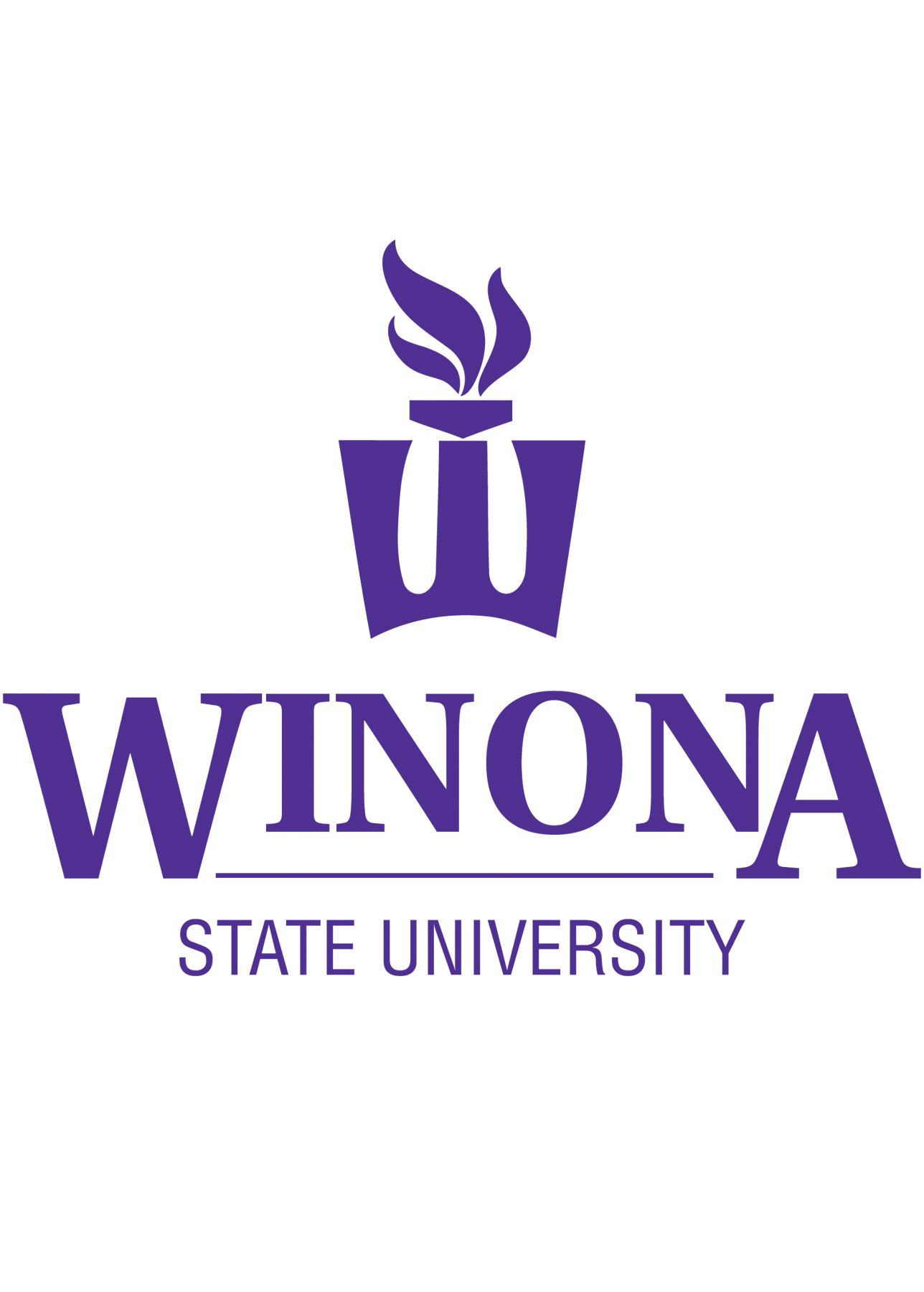
Winona State University
Intelligent Score: 92.32In-state: $7,712
Out-of-state: $13,903
In-state: $7,710
Out-of-state: $7,710
SAT: 960-1130
ACT: 19-25
Resident: $277 - $310
Non-Resident: $503
On-Campus
Higher Learning Commission
120

CUNY City College
Intelligent Score: 91.52In-state: $6,930
Out-of-state: $14,880
In-state: $11,090
Out-of-state: $11,090
SAT: 1170-1340
ACT: 25-31
Resident: $305
Non-Resident: $620
On-Campus
Middle States Commission on Higher Education
121

University of Texas at Arlington
Intelligent Score: 91.34In-state: $11,448
Out-of-state: $40,032
In-state: $12,028
Out-of-state: $12,028
SAT: 1210-1470
ACT: 26-33
Resident: $1,022
Non-Resident: $2,049
On-Campus
Southern Association of Colleges and Schools Commission on Colleges
120
How to Choose a Communications Degree Program
Choose your area of study
A communications degree can prepare students for a wide range of careers and opportunities for further study. Therefore, it’s helpful to have an idea of the type of job you’re seeking post-graduation so you can find a program that aligns with your interests and aspirations.
Most communications degree programs are designed with a generalist core curriculum and concentration options in one of many specialty areas of communications, including public relations, marketing and business communications, or journalism. Consider which area of communications is most appealing to you so you can select a program that offers that specialization.
It’s also helpful to establish your logistical needs so you can find programs that fit your schedule and lifestyle. For example, some programs offer evening and weekend classes, making them more accessible to professionals who work during daytime hours. Others may offer classes in an in-person/online hybrid format, which gives students more flexibility.
Research schools and programs
After establishing your parameters, you can begin seeking out communications degree programs that fit your specific needs.
Visiting a school’s website is a good place to start gathering information. This is where you can typically find details about curriculum, faculty, admissions requirements, program outcomes, cost, and financial aid availability. Contact the school’s admissions office if you have questions, or take advantage of in-person or online information sessions and open houses. Following schools and programs on social media can also provide insight into what the program is like and if it suits your needs.
A key piece of information to confirm when researching schools is the institution’s accreditation status. Accreditation is important because it ensures students receive a high-quality education that meets recognized standards of excellence. Earning a degree from an accredited school is also critical for students who want to pursue further education, as most graduate schools will only accept students who have degrees from accredited institutions. Most colleges publish their accreditation status on their website, but you can confirm by using the Department of Education’s accredited schools directory.
Prepare for tests and applications
Each college creates its own application procedures and requirements. You can usually find specifics on the school’s website or by speaking to an admissions counselor. If you’re applying to multiple schools, making a spreadsheet or checklist to keep track of different requirements and deadlines can be helpful.
Most schools now accept applications and supporting documents online. A standard undergraduate college application includes:
- Application and fee
- Official high school transcripts or GED
- Letter(s) of recommendation
- Personal statement
- Resume or CV
- SAT or ACT scores
If you previously attended another post-secondary institution, you will also need to submit transcripts from that school. You should also find out if the program has any eligibility criteria, such as a minimum high school GPA.
Review application deadlines and start terms, as failure to submit all application materials by due dates can impact your ability to start your program on time.
Select your program
Once you’ve collected information about potential schools, consider which programs best align with your needs and priorities. If multiple programs meet your criteria, you can apply to all of them and select where you’ll enroll based on where you get accepted. If you’re accepted to multiple programs, review them again based on your criteria and determine which one best fits your needs in terms of curriculum, cost, location, and other important factors. You should also visit schools in person if you haven’t already done so.
Determine how you’ll pay for your degree
When researching schools, it’s also helpful to collect information about the program’s tuition and fees and available financial aid resources. You can find this information on the school’s website or by contacting the financial aid office.
In order to be considered for federal student aid, you must submit a completed Free Application for Federal Student Aid (FAFSA). Schools use information from the FAFSA to determine your eligibility for need-based aid, such as federal student loans, grants, work-study, and scholarships. You can also research merit-based aid opportunities, like scholarships and grants, from your college and external organizations.
Students who are planning on working while earning their associate degree should inquire with their employer to see if they’re eligible for tuition assistance benefits. Active duty service members and veterans can ask about GI Bill benefits and military discounts.
What Can You Expect From a Communications Degree Program?
Communications degree programs focus on the theory and practice of how humans communicate verbally and nonverbally in a variety of contexts. Programs are typically designed with a core curriculum covering foundational skills like public speaking, interpersonal communication and teamwork, conflict mediation, research, and leadership. Upper-level courses give students the opportunity to focus on a particular area of communication, such as marketing, business communications, journalism and media studies, or public relations. These programs commonly include an internship requirement to give students real-world experience in a communications setting. Students should also expect to complete general education requirements in areas like English, math, foreign languages, physical sciences, and social sciences.
The most widely available types of undergraduate degrees in communications are a Bachelor of Arts (BA) and a Bachelor of Science (BS). BS degrees typically have a more technical, hands-on approach, while BA degrees are rooted more in theory and research. While their approaches may be different, both types of degrees will prepare students for entry- and mid-level communications jobs.
Potential courses you’ll take in a communications program
- Introduction to Communication Theory: Studies human communication from classical foundations in Aristotelian rhetoric through contemporary theory.
- Public Speaking: Focuses on the basic principles of speechmaking, with an emphasis on helping students prepare for and deliver a variety of public presentations.
- Nonverbal Communication: Studies nonverbal communication through various cues and contexts through inquiry, review of published research, hypothesis development, pilot testing, interpretation of results, and implications via oral presentation.
- Principles of Organizational and Strategic Communication: Provides an introduction to the field of organizational communication with an emphasis on the communication process, information flow, individual communication roles, and group processes for problem-solving and decision-making.
- Quantitative Research Methods in Communication: Provides a general overview of the essential components of social research, including defining research problems, research design, assessing research quality, sampling, measurement, and causal inference.
Communications Degree Frequently Asked Questions
How do I apply to a communications degree program?
The majority of schools accept applications and support documents online. You can also check if any of the schools you’re applying to accept the Common Application, which allows students to apply to multiple institutions with one application.
Visit schools’ websites and speak to admissions counselors to get the most specific information about application requirements. For most undergraduate programs, students must submit a completed application, official high school transcripts or GED, letters of recommendation, a personal essay, a resume, and SAT or ACT scores.
How much does a communications degree cost?
The exact amount a student will pay for their communications degree will vary based on the type of school they choose, their residency status, and what types of financial aid they receive. For the most accurate information about tuition, fees, and room and board costs for a specific program, contact the school’s financial aid office.
For the 2022-23 academic year, the average undergraduate tuition and fees at four-year public universities was $9,750. At private institutions, the average tuition and fees was $38,421. Students who are considering attending public universities but are residents of a different state should also keep in mind that public schools typically charge out-of-state students a higher tuition rate.
How long does it take to earn a communications degree?
Bachelor’s degrees in communications require a minimum of 120 credits, which typically translates to four years of full-time study. Students who enroll in a program part-time may take 5-6 years to complete their degree, depending on how many classes they take per term.
Students who have previously earned credits from an associate degree or incomplete bachelor’s degree can explore degree completion programs. These programs may allow students to transfer as many as 90 credits towards the required 120 needed for their bachelor’s in communications, meaning they can complete their degree in 1-2 years of full-time study.
